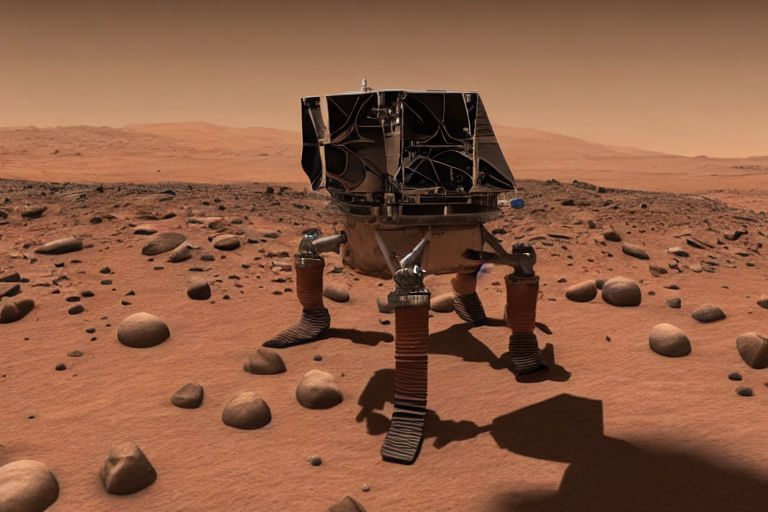Moon vs Mars: Which Should Be the Next Destination for Space Travel?
As space agencies and private companies continue to explore deep space, there's always the question of where to go next. While there are many possible destinations, the two most talked about are the Moon and Mars. Both of these planetary bodies have unique features and challenges that make them attractive options for space travel, but which one is the better choice?
The Case for the Moon
The Moon is the closest celestial body to us, which makes it the most accessible destination for space travel. It's only 238,855 miles away from Earth, which means that it takes less time and resources to get there than it does to travel to Mars. Additionally, there's evidence that the Moon has water in the form of ice at its poles, which could be a valuable resource for future space exploration and even for sustainable living.
Furthermore, humans have already been to the Moon. The Apollo missions in the late 1960s and early 1970s demonstrated that we have the technology and ability to land on the lunar surface and conduct experiments. By returning to the Moon, we can build on this past experience and expand our knowledge of the Moon's geology, atmosphere, and potential for future exploration.
The Case for Mars
Mars, on the other hand, is the most Earth-like planet in our Solar System. It has a similar day/night cycle, a 24.5 hour day, and a similar tilt on its axis. There's also evidence that Mars had water on its surface in the past, which makes it a prime candidate for finding signs of past or present microbial life. Studying Mars could help us understand how life evolved on Earth and what the future of life in our Solar System might look like.
Another reason to go to Mars is to establish a human presence on another planet. While the Moon is close and accessible, it doesn't have the same resources or long-term potential for colonization as Mars. Mars has a thicker atmosphere than the Moon, which provides more protection against solar radiation and micrometeoroids. It also has a day/night cycle that's more similar to Earth, which would make it easier for humans to adapt to living there.
Conclusion
Choosing between the Moon and Mars as the next destination for space travel is not an easy decision. Both have unique features that make them attractive options, and both present significant challenges that need to be overcome. Ultimately, the decision may come down to funding and political will, as well as scientific and exploration objectives.
No matter which destination is chosen, space travel is an exciting and vital part of our human exploration and understanding of the universe. By continuing to push the boundaries of what we know and where we can go, we expand our knowledge and experience as a species and inspire future generations to explore and discover.




